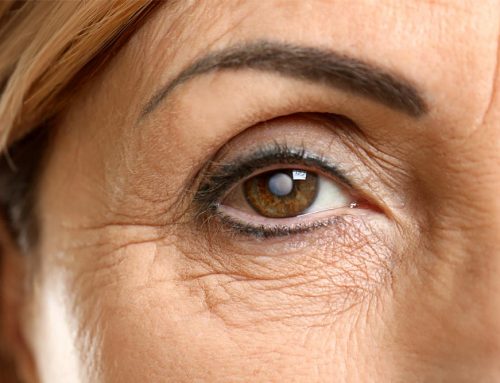How your life expands after cataract surgery
For example, let’s look at cataract surgery and dementia
Cataract surgery is the most common operation carried out in the NHS. Since the advent of the modern micro-incisional cataract removal technique known as phacoemulsification more than 20 years ago, surgery has become safer. This means patients can have safe cataract surgery much earlier than ever before and the change in your quality of life is transformative. People live much longer today than ever before and maintaining independence is crucial to them and their families.
Having good quality vision is vital for:
- self-care
- reducing the risk of falls and fractures
- improving orientation
- improving cognitive function in patients who have dementia
We estimate that 100,000 people in the UK have dementia and cataracts.1 Visual impairment may arise from cataracts and dementia with an overlap in visual symptoms. It can be difficult to determine which is the main contributor to loss of visual function without the help of a cataract specialist. Cataract surgery for nursing home residents showed a sustained improvement in visual acuity at 1-year post surgery, and these patients were less cognitively and activities of daily living impaired.2
Cataracts and Dementia
Another study showed that people over the age of 70 undergoing cataract surgery had a reduced risk of subsequent dementia compared to those who had not had cataract surgery.3 Further studies need to look at this complicated relationship regarding cause and effect. It makes sense to maximise the senses, including vision, of someone who has difficulty with memory or cognitive function. In many cases, there is no physical barrier to surgery regarding the eye, but the ability to co-operate with the pre-operative assessments and testing as well as the surgery itself differs from person to person and their stage of dementia. It is not an absolute barrier to surgery.
Any surgery carries risks as well as advantages, and I have previously stressed how crucial it is to have a personalised plan for treatment. That is especially true for a patient with dementia in whom it is advantageous to have the same surgeon for the first appointment, testing, operation and post-op checks. That will ensure their anxiety is minimised and they feel as secure as possible at a time when their cognitive function is affected by dementia.
If you or a relative has early dementia and you are worried about declining vision, it is essential to have an eye examination to explore whether cataract surgery can help.
Sources
- Kumar CM & Seet E. Cataract surgery in dementia patients; time to reconsider anaesthetic options. BJA 2016; 117:421-425
- Marx MS Werner P Billig N Watson VJ Cohen-Mansfield J Feldman R. Outcomes of cataract surgery in nursing home residents. Psychosomatics 1995 ; 36 : 254 – 61
- Yu WK Chen YT Wang SJ Kuo SC Shia BC Liu CJ. Cataract surgery is associated with a reduced risk of dementia: a nationwide population-based cohort study. Eur J Neurol 2015; 22: 1370 – 7








Leave A Comment